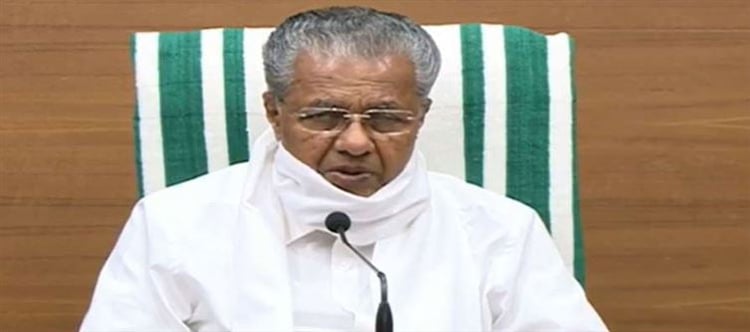
While the entire world was dreading the coronavirus since the end of 2019, india registered its first Covid-19 positive case on january 31, 2020, in Kerala. The victim was a medical student who returned home from wuhan, china, where the virus was first found. Since then, the state recorded most number of cases alongside Maharashtra. Surprisingly, the same state has “flattened the curve” after nearly three months of registering the first case. Now, kerala has less number of confirmed cases and more number of recoveries, with many others in the country looking at in admiration.
Earlier on May 2, the success of the state in containing Covid-19 was lauded by the ICMR. kerala won appreciation for the “unparalleled” containment and testing strategies and referred to it as the “Kerala model”. However, the state did not lower its guard as there were chances of a second outbreak, like in Singapore. Now let us understand what helped kerala in its success and pat comes the answer, robust public health system. The authorities prioritised early detection through extensive testing, intensive contact tracing and lastly, following 28-day quarantine, while others observed 14-day quarantine as suggested by the World health Organisation (WHO).
Communist government, led by chief minister pinarayi vijayan, declared alert over Covid-19 as early as january 18. Since then, the kerala government has been screening all those arriving at the four international airports in the state, as many of its population are migrants and work in other parts of the country or in foreign countries. In fact, the state did not wait for instructions from the Centre but had been extra cautious and declared Covid-19 a state-level disaster on february 4. Soon, it shut all schools and imposed restrictions on public gatherings. The state also imposed lockdown in the first week of march, a fortnight before the entire country followed suit. In an interview, kerala cm pinarayi vijayan said it was the state’s preparedness much in advance, focused healthcare interventions led by the public health system, special economic package, timely assistance for migrant labourers, decentralised health initiatives through the local self governments. Further he said home quarantining of suspect cases, contact tracing of all the positive cases, adequate testing and specialised treatment have ensured that positive cases have been treated effectively, to help them recover.




